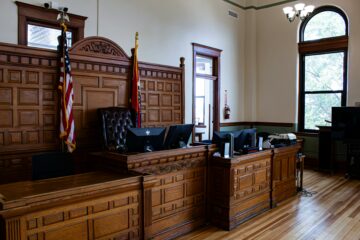Lawmakers in NH take a hard stance against underage drinking, leveraging legislation that prohibits minors from consuming any amount of alcohol. As spring break and summertime approach, it’s important for minors to be aware of and understand the legal implications of underage drinking.

Whether charged as a “Minor in Possession of Alcohol,” “Underage Intoxication,” or “Internal Possession,” the law banning underage drinking was extended to include consumption in 2002.
According to Unlawful Possession and Intoxication, “any person under the age of 21 years who has in his or her possession any liquor or alcoholic beverage, or who is intoxicated by consumption of an alcoholic beverage, shall be guilty of a violation and shall be fined a minimum of $300. Any second and subsequent offense shall be fined at least $600.”
Back in 2006, The Washington Post reported In N.H., a Beer in the Belly Can Get Youths Arrested Possession Is Redefined to Cover Alcohol Already Consumed, explaining:
That’s the way the law works now in New Hampshire, where minors can be arrested for what is colloquially called “internal possession” of alcohol, to the point of being intoxicated. In a break with legal tradition, an underage person with drinks in his or her system often faces the same charge as one with a drink in hand.
This charge is a misdemeanor and, by comparison, similar to a traffic violation. However, minors charged with consuming alcohol could also lose their license, even if they weren’t driving at the time. In other words, a simple walk back to the dorms after a party could result in a revoked right to drive. Whether pursuing a degree or entering the workforce, most minors can’t afford to be without a license in order to reach their goals.
Helping minors fix their mistakes and get back on track is one of our firm’s specialties. In the event that you, a friend, or family member is charged with internal possession, contact our office for a free consultation.


